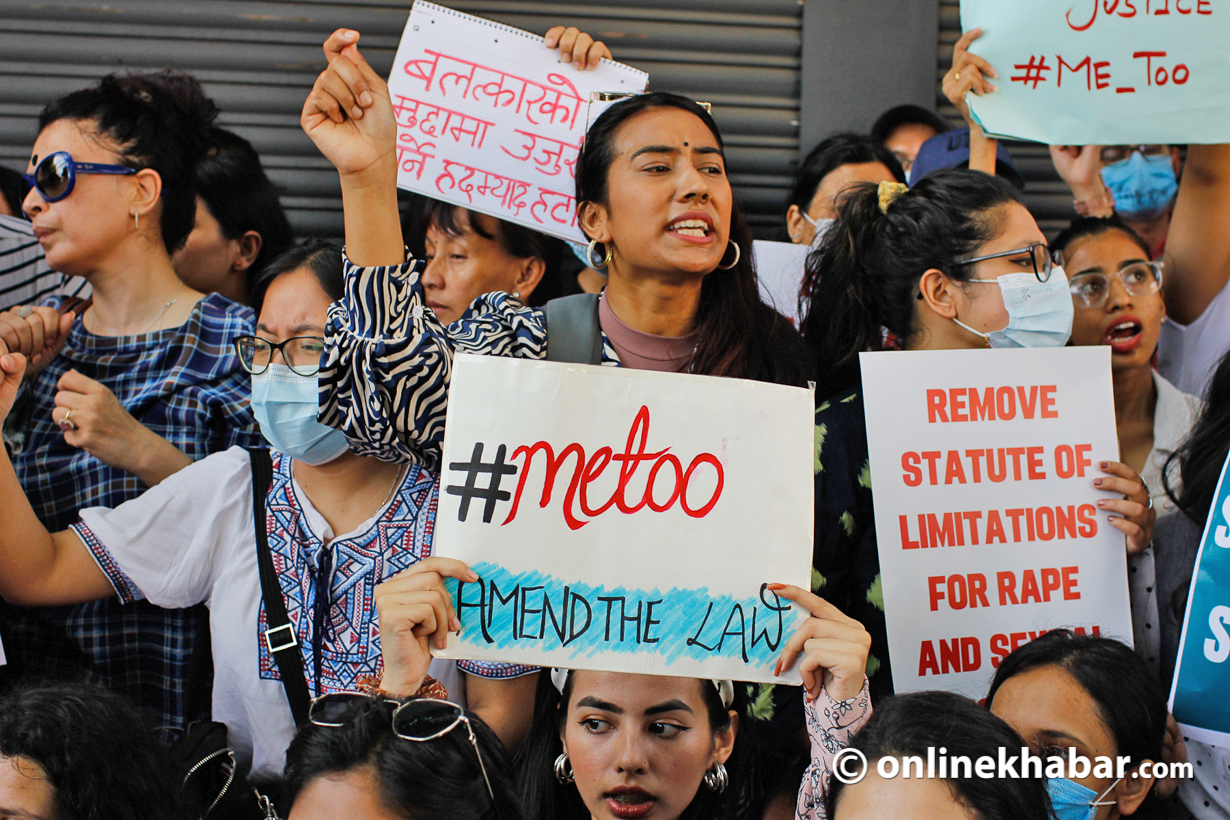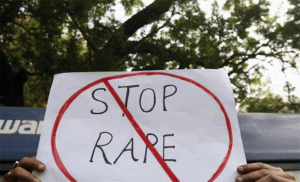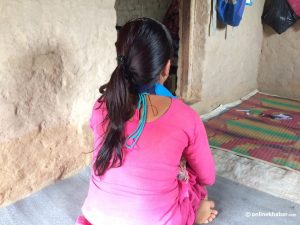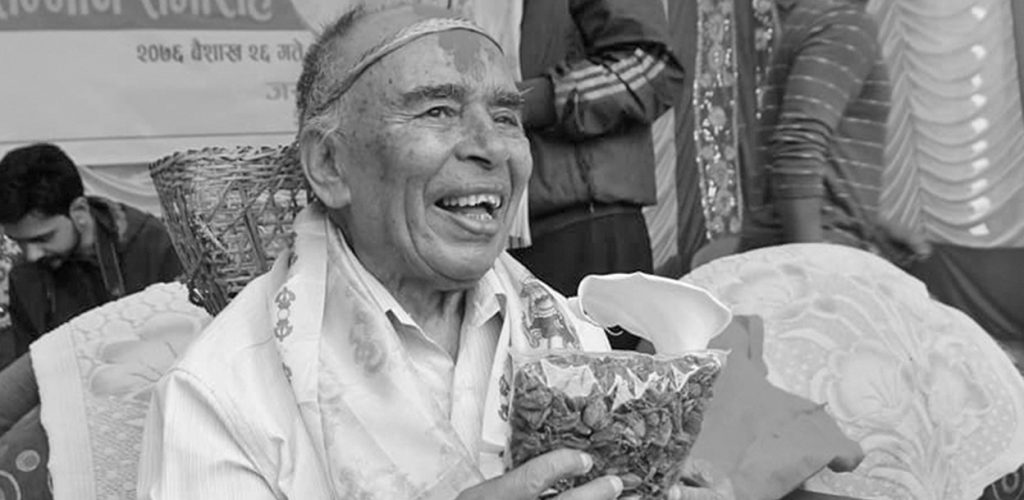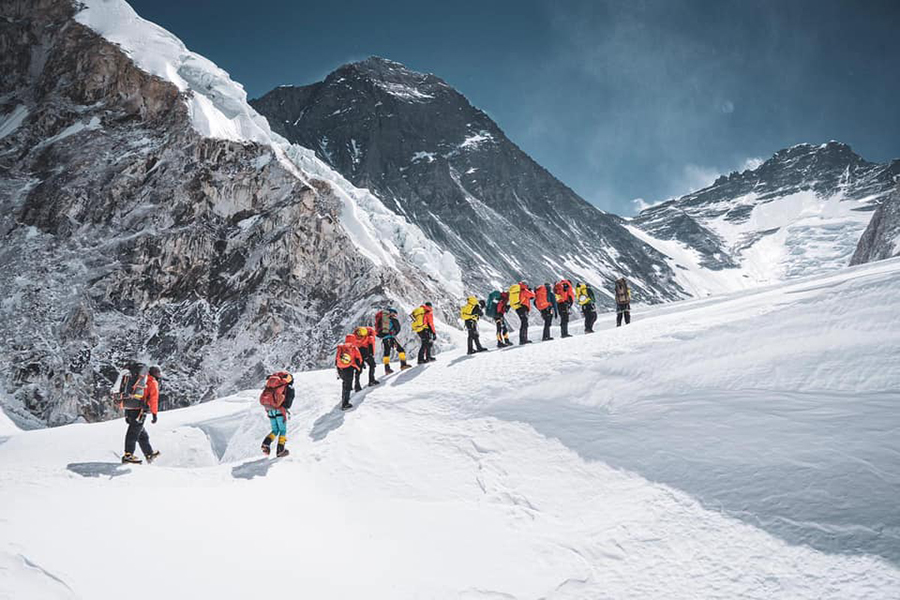The one-year statute of limitations for rape and sexual assault must be waived. However, this is insufficient to stem the tide of rape cases. Policy intervention aimed at changing patriarchal beliefs at the grassroots level is also required, in addition to stricter laws.
The #MeToo movement in Nepal has been reignited thanks to a single girl’s bravery in speaking out about the horrifying incidents she faced as a minor. Her bravery has emboldened other sexual assault survivors to tell their tales, both publicly and discreetly. Her tenacity has mostly highlighted flaws in our judicial system and sparked innumerable conversations about rape culture and sexual assault.
In Nepal, rape cases have been on the rise in recent years. According to Nepal Police, there were 6,259 rape and attempted rape cases last year, up from 146, the count recorded 25 years ago. Only 1,260 of the 6,259 perpetrators were convicted, leaving the rest without justice. These are just the cases that have been reported; many more go unreported.
Unfortunately, in Nepal, the survivor’s option to register a complaint against the perpetrator is limited. According to the National Penal Code Act 2017, chapter 18, section 229 (2), the Statute of Limitations, a rape case must be filed within a year of the occurrence if the survivor is an adult, and within a year of the survivor turning 18 if the survivor is a minor. This restriction obstructs the survivors’ access to justice and allows for the dismissal of a large number of cases due to technical errors.
Given this, the ongoing protest calling for the statute of limitations to be scrapped is indeed a necessary demand. It should be waived. However, the protest should not be focused solely on lifting the statute of limitations since it is a law that is necessary after the occurrence of the incident or in the quest for justice. This is, however, insufficient to combat the rape culture that has infiltrated our thoughts, words, and actions.
Change the culture

The extent of the rape culture that exists in our society is evident in social media comments on a recent case – “Why did she wait eight years?” “Perhaps she provoked him to win the competition,” and a slew of other remarks were made. Instead of focusing on the criminals, the survivor’s clothes, sobriety, and sexuality are being questioned. Solutions need to be focused on possible perpetrators and bystanders to get to the root of the problem.
Firstly, language and lyrics that blame victims or survivors, objectify women and justify sexual harassment need to stop. Objectifying women in mass media normalises rape, affirming beliefs like “Her dress is a reason why she was raped,” “Women’s no also means yes,” and “I know you want it.” These lines may appear amusing, but they will shape our reality. There is a difference between saying “She was raped” and “He raped her.” The blame shifts from the victim or survivor to the perpetrator.
Teach sex

A proven method to reduce the possibility of rape, after removing the statute of limitations, is to change the way sex education is taught in schools. In Nepal, sex education is taught in an environment of discomfort where even conversations with the opposite sex are restricted. This needs to be completely modernised, with consent lessons and updated sex education curricula beginning with our youngest students. For the young, this can be a syllabus involving naming body parts and the idea that some of them are private. For older children, lessons can include contraceptives, disease prevention, LGBTQ relations, gender identity, and consent.
Another idea is to teach young adolescents about respecting women and how to intervene in the event of an assault. This was accomplished in Kenya through the “Your Moment of Truth” curriculum. Before the course, 63.1% of boys in one study believed that a woman wearing a “sexy” dress was inviting them to have sex with her, and 58.5% believed that a woman saying “no” to sex meant “maybe.” This changed to 14.5% and 22.8%, respectively, after the course. Such courses, if contextualised for Nepal, will help raise awareness and combat cases of sexual assault.
After removing the statute of limitations, the above-mentioned changes should be made on a national scale to be effective. The government can and should make these types of courses mandatory for all levels. Conducting such short-term courses in schools, government offices, or community levels will help educate the public.
In addition, the government must take drastic measures to alter the criminal justice system’s response to such offences. Fast-track courts are required to expedite justice for the survivors. Furthermore, rape penalties must be made more severe if needed, with multiple life imprisonment sentences. While prison reform is hard to argue for, if all else fails, this can work as a deterrent for possible perpetrators.
We, as a society, have always looked for ways to find fault on the survivor’s side, especially in cases of rape, sexual assault, and gender-based violence. Unless solutions are not oriented towards combating this patriarchal mindset and power imbalance, nothing will change. Hence, behavioural and policy interventions are needed in addition to stricter laws without the statute of limitations to eradicate the rape culture that has become ensconced in the way we think and speak.




